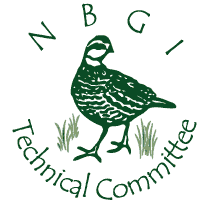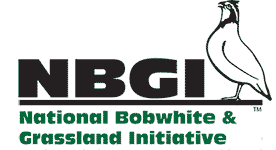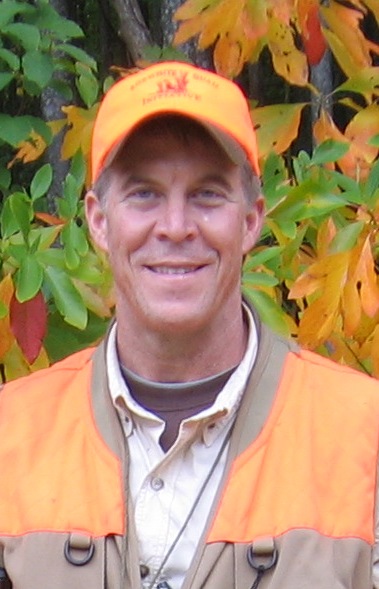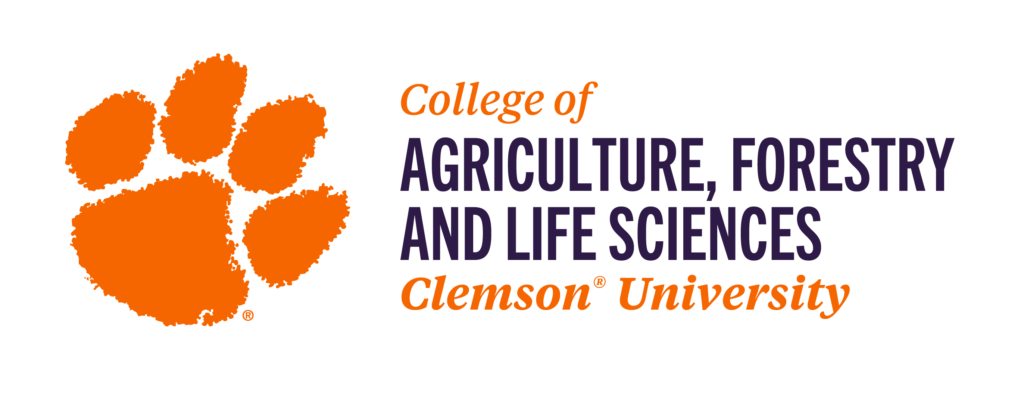Building a bobwhite conservation movement is foremost about working with people. The nation’s premier forum for working with people to promote quail restoration occurs next week (August 9-12) in Tallahassee, Florida. The 17th annual meeting of the National Bobwhite Technical Committee (NBTC) is hosted by the Florida Fish and Wildlife Conservation Commission (FWCC) and Tall Timbers Research Station (TTRS), organized by Chuck McKelvy, FWCC Small Game Program Coordinator.
The NBTC (formerly the Southeast Quail Study Group) originated as a technical committee of the southeastern state wildlife agencies; it now has grown to be the unified range-wide bobwhite technical group. The NBTC is the creator and the keeper of, as well as the brains and the fire behind, the National Bobwhite Conservation Initiative (NBCI). The NBTC benefits from the participation of myriad conservation partners, including more than two dozen states and numerous organizations, agencies, universities and institutes.
A theme arising from the NBCI was “Raising our Game.” The NBCI created high expectations and an immense new workload for quail managers accustomed to low expectations and profile. To their credit, bobwhite managers across the country stood up to raise our game many notches in those next several years, getting organized nationally, becoming a recognized force, and racking up previously untouchable achievements.
The 2011 NBTC meeting is poised to set new standards.
First, the NBCI 2.0, the complete overhaul of the original NBCI, was unveiled this spring at the North American Wildlife and Natural Resources Conference in Kansas City, MO. The NBCI 2.0 provides a springboard for the NBTC, building on the progress and lessons learned from the original, taking the vision and strategic planning for effective bobwhite conservation to a much higher level.
Second – although the professionals behind the NBTC always have prided themselves on conducting a working meeting with extensive subcommittee deliberations on heavy issues – this meeting has something new: horsepower.
One year ago, at the 16th meeting in Wichita, KS, the first-ever fulltime NBCI staff (Science Coordinator, Forestry Coordinator, FSA Liaison, and Communications Director) were introduced as new hires. Their roles, as experts in their respective disciplines, were to provide implementation capacity to the NBTC subcommittees, to forge real progress throughout the year on the subcommittees’ priorities and action items. Last year, the NBCI staff was green; this year, they already are heavy lifting.
Third, an extra half day has been added for a first-ever NBTC technical workshop to provide specialized training for state quail coordinators. Led by Tom Dailey (NBCI Science Coordinator) and Theron Terhune (TTRS Research Ecologist, and Project Coordinator for developing the NBCI 2.0), the workshop will improve the fledgling national inventory of quail conservation projects, and train state quail coordinators to use the NBCI 2.0’s Conservation Planning Tool.
Finally, this meeting features an opening presentation by Nick Wiley, executive director of the Florida Fish and Wildlife Conservation Commission and co-chair of the NBCI Management Board. Wiley may be the first state quail coordinator in the country to rise to the level of director of a state wildlife agency. I consider his rise to the top a good omen for quail.
There remains a long way to go for bobwhites and the NBCI, but with every step we raise our game, and we are one step further from where we started and another step closer to where we are going.
Stay tuned for reports and updates from Tallahassee by monitoring NBCI’s Facebook page at http://www.facebook.com/bringbackbobwhites, and NBCI’s website at www.bringbackbobwhites.com !
